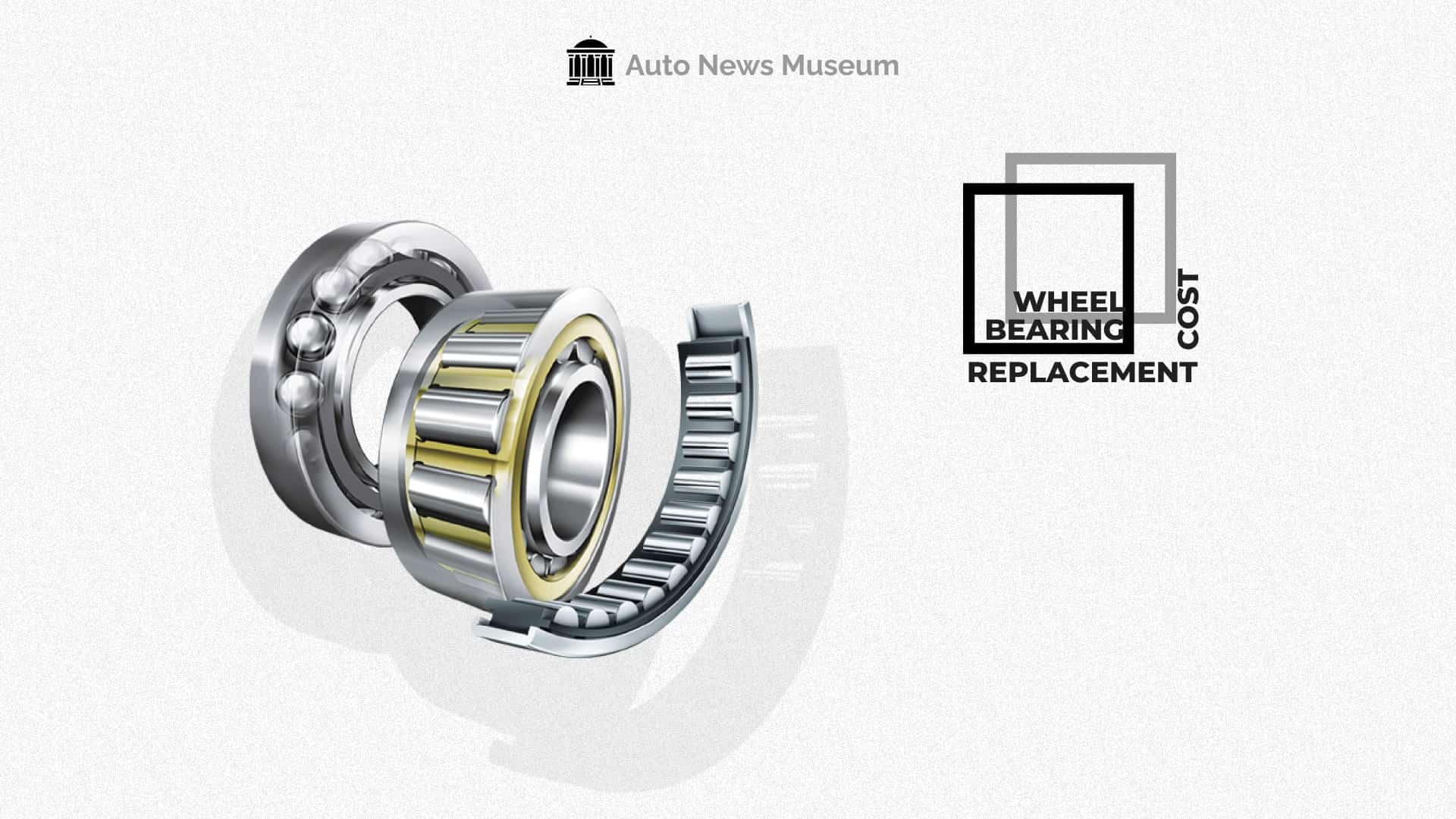Wheel bearings are an essential component of your vehicle’s suspension system. They allow your wheels to rotate smoothly and reduce friction and wear. However, like any other mechanical part, wheel bearings wear out over time, and they need to be replaced.
If you are wondering how much it will cost you to replace your vehicle’s wheel bearings, you have come to the right place. In this article, we will discuss the factors that affect the cost of wheel bearing replacement, the average cost of this repair, signs that indicate you need a wheel bearing replacement, and tips for saving money on this repair.
Average Cost of Wheel Bearing Replacement
The cost of wheel bearing replacement can vary widely depending on several factors such as the make and model of your vehicle, the location of the repair shop, and the cost of labor in your area. On average, the cost of replacing one wheel bearing ranges from $150 to $400. However, if you need to replace all four wheel bearings, the cost can add up quickly, ranging from $600 to $1600.
Factors that Affect Wheel Bearing Replacement Cost
Several factors can affect the cost of wheel bearing replacement. Here are some of the most significant factors:
- Make and Model of Your Vehicle: The cost of wheel bearing replacement can vary depending on the make and model of your vehicle. Some vehicles require specialized tools and parts, making the repair more expensive.
- Location of the Repair Shop: The location of the repair shop can also affect the cost of wheel bearing replacement. Repair shops in urban areas tend to charge more than those in rural areas.
- Cost of Labor: Labor costs vary widely across different repair shops. The more experienced the mechanic, the more they may charge for their services.
- Type of Wheel Bearings: The type of wheel bearings you need can also affect the cost of replacement. Some vehicles require more expensive wheel bearings, such as those made of ceramic or other high-performance materials.
Signs Of A Bad Wheel Bearing
It is essential to recognize the signs that indicate you need a wheel bearing replacement. Ignoring these signs can result in serious problems and even accidents. Here are some of the most common signs that your wheel bearings need to be replaced:
- Grinding Noise: One of the most common signs of a bad wheel bearing is a grinding noise coming from the wheels. This noise can be heard when you drive or when you turn the steering wheel.
- Vibration: A bad wheel bearing can also cause your vehicle to vibrate. You may feel the vibration in the steering wheel or the floorboard.
- Uneven Tire Wear: If you notice that your tires are wearing unevenly, it could be a sign that your wheel bearings are failing.
- Wobbling: A failing wheel bearing can cause your vehicle to wobble or feel unstable.
Tips for Saving Money on Wheel Bearing Replacement
If you need to replace your vehicle’s wheel bearings, here are some tips to help you save money:
- Shop Around: Get quotes from several repair shops before making a decision. Compare the prices and services offered by each shop.
- DIY: If you have the tools and skills, you can save money by replacing the wheel bearings yourself.
- Preventive Maintenance: Regular maintenance can help prevent premature wear and tear on your wheel bearings.
- Use Aftermarket Parts: Aftermarket parts can be more affordable than original equipment manufacturer (OEM) parts. However, it is important to make sure the aftermarket parts are of high quality and compatible with your vehicle.
- Warranty: Look for repair shops that offer a warranty on their work. This can give you peace of mind and protect you from unexpected expenses.
Conclusion
Wheel bearings are a crucial component of your vehicle’s suspension system, and replacing them can be costly. The average cost of replacing one wheel bearing ranges from $150 to $400, while replacing all four can cost between $600 to $1600. However, there are several factors that can affect the cost, including the make and model of your vehicle, the location of the repair shop, and the type of wheel bearings needed.
Recognizing the signs that your wheel bearings need to be replaced can help you avoid serious problems and accidents. These signs include grinding noise, vibration, uneven tire wear, and wobbling. To save money on wheel bearing replacement, consider shopping around, doing it yourself if you have the tools and skills, regular maintenance, using aftermarket parts, and looking for repair shops that offer a warranty on their work.
In conclusion, maintaining your vehicle’s wheel bearings is crucial to your safety and the longevity of your vehicle. Understanding the cost and factors that affect wheel bearing replacement can help you make informed decisions when it comes to repairing and maintaining your vehicle.

